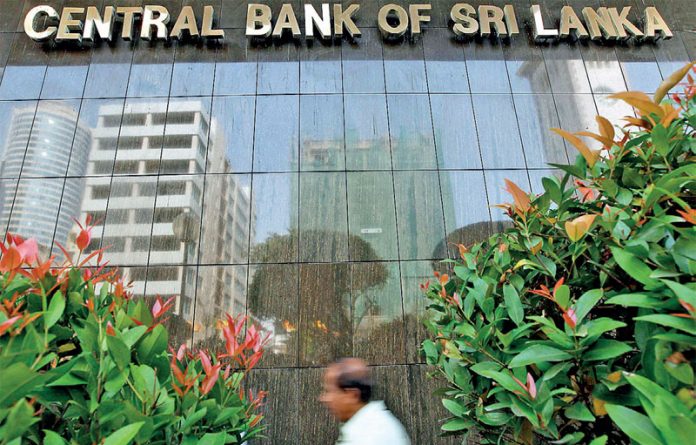The Daily FT reported on Monday that Fitch Ratings had downgraded Bank of Ceylon’s (BOC) Long-Term Foreign-Currency Issuer Default Rating (IDR) to ‘CC’, from ‘CCC’. Fitch had also downgraded BOC’s Viability Rating (VR) to ‘cc’, from ‘ccc’, and has affirmed the Long-Term Local-Currency IDR at ‘CCC’ and BOC’s National Long-Term Rating ‘AA-(lka)’.
Fitch, in a statement, said: “In line with the updated Bank Rating Criteria, we have assigned a Government Support Rating (GSR) of ‘No Support’ to BOC and withdrawn the Support Rating and Support Rating Floor, as they are no longer relevant to our coverage following the publication of our updated Bank Rating Criteria on 12 November 2021.”
BOC’s IDR would most likely be downgraded upon further pressure on the sovereign rating stemming from a potential default event. That could surely lead to foreign-currency restrictions being imposed, hindering BOC’s ability to service its foreign-currency obligations, or a significant erosion of its capital buffers in the event of sizable haircuts on sovereign debt and then leading to a massive impact on the profitability of the bank.
The BOC, in a statement, responding to the downgrade, said: “The recent downgrade of the sovereign and banking institutions in Sri Lanka has had a minimal impact on the soundness of the Bank. Our international operations continue uninterrupted.”
Impact of downgrades
Generally, when a country is downgraded, the next casualty are the banks which also get downgraded in tandem with the sovereign downgrade – the banks with larger balance sheets i.e., in Sri Lanka the State Banks. The Bank of Ceylon downgrade was therefore no surprise.
Often banks that get downgraded by an international rating agency immediately face higher funding costs and collateral requirements, and at times, even lose total access to some forms of funding due to rating trigger clauses and reduced access to funding lines. Some creditors may even want early repayments. Also based on experience, creditors force banks to look for other forms of liquidity and take self-insurance in mitigating the impact. Most of the systemically important banks have together invested over $ 5 Billion in Sri Lanka Development and Sovereign Bonds. A potential default can result in a huge impact on a bank’s profitability, resulting in pressure on the liquidity and share prices.
According to former CBSL Deputy Governor W.A. Wijewardena, “The present rating downgrade has been driven by three factors which the Sri Lankan Government cannot ignore. First, Sri Lanka’s external liquidity position is worsening month after month. Second, this has been underscored by declining foreign exchange reserves. The third factor is the most pressing one. It is about the country’s inability to borrow from outside sources in adequate amounts to meet the foreign exchange commitments. It is like a man who has to make some payments, but he does not have any money with him, and he cannot borrow from others to meet his payment commitments”.
Capital buffers
The UK Financial Times of 21 May 2012 said: “There is abundant evidence and reporting in the press that banks that were downgraded during the Global Crisis faced higher funding costs and collateral requirements, and at times, even lost total access to some forms of funding due to rating trigger clauses.”
Therefore, the Sri Lankan banks that presently have adequate liquidity buffers will be better able to withstand the liquidity shocks and maintain the flow of credit to their customers. However, given the capital inadequacy within state banks, they must maintain a centralised liquidity management system, to direct liquidity where it is most needed to mitigate the effects of a liquidity shock to the overall sector, given their sheer size.
The largest effects of a downgrade coincide with a bank being downgraded from above BBB to CCC or below B and falling to non-investment grade. Sri Lanka’s banks certainly need to clean up its Balance Sheet – deleverage if you may, because the decline in access to non-core sources of deposits and to wholesale funding to both the Government and other banks will result in a significant reduction in domestic lending and their ability to support international trade, something Sri Lanka is struggling with.
The Lankan banks also need competent boards who have had serious exposure on how banks make money in a downturn. In the final analysis, banks with low USD leverage will survive for some time. The balance sheets of most banks will however take a hit once the haircuts are taken and once the sovereign lending assets on the books get impaired. The time has come to separate the men from the boys.

DAILY FT
